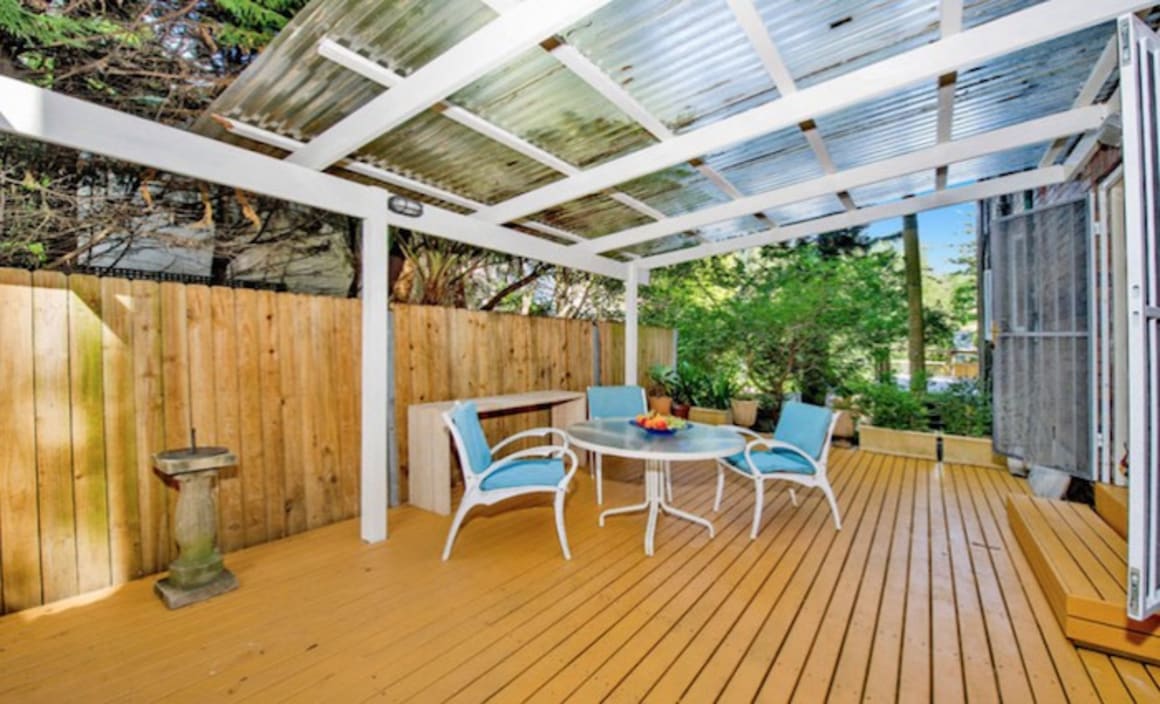Airbnb court case ends in landlord owner win against owners corporation

There have previously been attempts to restrict Airbnb in Sydney, but owners corporations have failed.
Owners corporations in the past have attempted to block Airbnb letting, the most notable case was in Woollahra.
Alisa Taylor, a partner at Meyer Vandeberg Lawyers, noted the issue.
The landlord was Ms Peta Estens, who paid $580,000 for her one bedroom courtyard apartment in 2015.
Estens regularly let her apartment, due to her frequent travelling interstate and overseas.
"She was selective with the guests she permitted to lease the property and always found the apartment in impeccable condition when she returned," Taylor noted.
There were only two complaints over a 12 month period, with guests misusing the washing machine in the commercial laundry.
Taylor said Ms Estens changed the rules on her listing, limiting the use of the washing machines and also prohibiting pets.
The owners corporation in the small block of five had passed a 'special by-law', having the effect that Airbnb was an illegal use for all units in the complex.
Estens then sought an order from the NCAT to invalidate the rule, on the basis the owners corporation didn't have the power to make it.
She relied on a 2016 NSW Legislative Committee Environmental Planning Report which said that (among other things) the committee regarded short term letting of a residential property as ‘residential use of the same character as longer term letting or traditional tenancy’.
The owners corporation argued that no section Strata Schemes Management Act 2015 (NSW) permitted the use of Airbnb.
The owners corporation said that the common areas of the building were being subjected to a high rate of wear and tear as a result of luggage being continuously moved in and out of Ms Esten’s unit, and also pointed to issues of security and control of short term occupiers including abatement of noise.
Ultimately the NCAT agreed with Ms Estens, declaring an owners corporation cannot pass by-laws banning short-term letting.
"The NCAT said that it was satisfied that the manner in which the Airbnb arrangement operates ‘is sufficient to constitute a tenancy or lease’," Taylor advised.
"The NCAT based this on the fact that the tenant has exclusive possession of the property, and concluded that the arrangement is properly described as a lease rather than a licence."